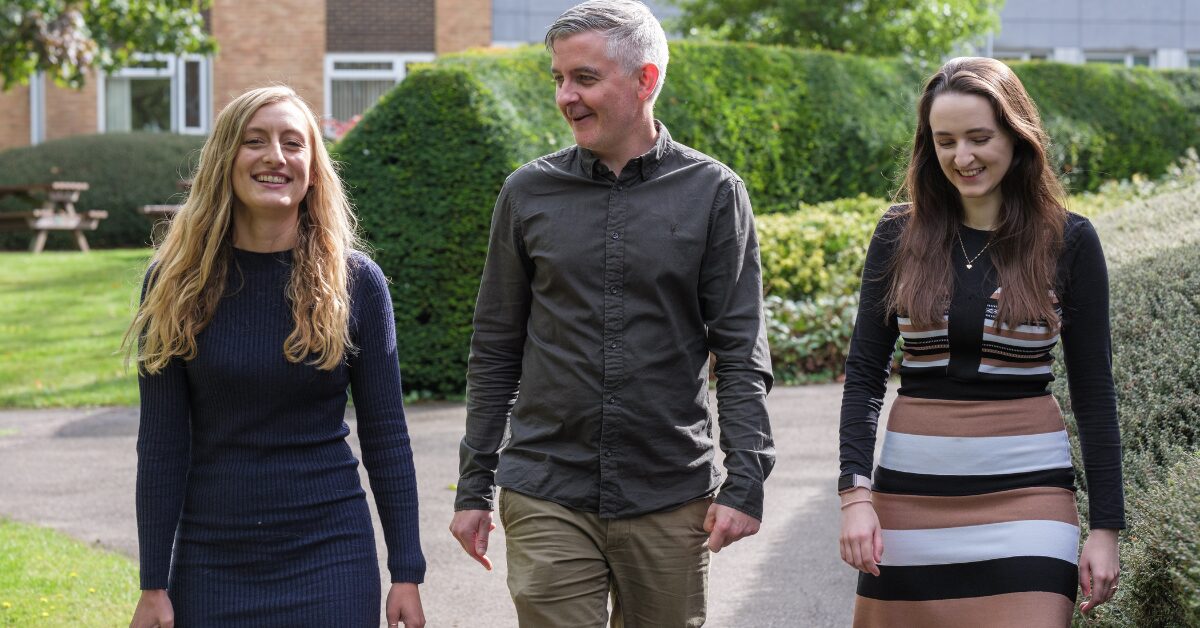Data protection in research data management
06/03/2017

There was a young man we’ll name Paul,
Who answered a short survey call.
He provided his data
And was shocked to see later,
His age, faith, and health shared with all.
This limerick is definitely an example of what not to do! If you’ll be collecting any personal data or sensitive personal data during your research project, you will need to work carefully to ensure participant involvement is correctly handled, in compliance with the Data Protection Act.
Before anything else, ask yourself: do you even really need to collect personal data? Does it really hold research value or are you collecting it for administrative purposes? If personal data does need to be collected, store it separately from the research data. Consent, anonymisation, and encryption are a few other key areas to think about, when considering your data protection responsibilities.
- Consent: You must inform participants about how personal data will be used, stored, processed, transferred and destroyed. Apart from a few legal exceptions, data can only be shared with explicit consent, ideally in written form, so make sure you ask for the relevant consent for your project. See more on the ethics intranet pages including a sample consent form (docx). It can be time-consuming or even impossible to return to participants for further consent later on, so it’s important to think about the consent form wording carefully at the start; don’t hesitate to get in touch to discuss this for your project.
- Anonymisation: You are encouraged to publish your research findings and also the data underpinning them, but you must do so responsibly. Personal data should be anonymised as far as possible (e.g. removing key personal identifiers, hiding outliers, aggregating data) so that it can be shared – but you should still have obtained consent for this. Anonymising data allows it to be re-used for wider purposes than that originally specified, enhancing the value of the data.
- Encryption: This means that files are stored in an encrypted area, and can only be read with the use of a passphrase to access the contents. Microsoft Office software has an in-built encryption feature under File > Protect. If you’re collecting sensitive personal data, it must be stored with encryption, in line with ICO recommendations, to ensure compliance with the Data Protection Act. IT Services can provide encryption software and support.
As these areas relate to both research ethics and legal requirements, it is important to get these right. Participants should be confident in our practices, and good planning in these areas should also ensure no slip-ups that could cause problems for you when publishing findings. Just recently there was actually a retraction for a paper due to concerns over lack of consent from participants.
For more support on data protection in RDM, see the ICO online guide or the RDM intranet site, or email me for support at researchdata@cranfield.ac.uk.
Public domain image from MorgueFile.com
Categories & Tags:
Leave a comment on this post:
You might also like…
Inside the Thermal Power and Propulsion MSc with Dr Uyioghosa Igie
In our recent conversation with Dr. Uyioghosa Igie, Programme Director for the Thermal Power and Propulsion MSc at Cranfield University, we uncovered what makes this course such an exciting and valuable path for ...
Borrow fiction online – for free!
Everybody needs a break from work, and if you fancy reading or listening to some fiction or non-academic books, we have the app for you! Use the Libby app to borrow a host of online books ...
Researching IPOs in Bloomberg
Are you researching IPOs? Do you want to find IPOs on a specific index (eg S&P 500, or UK AIM Index) for specific dates? Then Bloomberg is where you should be looking. If you haven’t ...
Meet the Cranfield alumna named among sustainability’s brightest rising stars
For Julia Anukam, working in sustainability is about being part of the solution. A conscious consumer and long-time vegan, she found her true calling after a re-evaluation of her career priorities during the Covid-19 ...
We need a million engineers who understand accessibility
…and we are, mostly, starting from zero. This arresting, attention-grabbing line was said to me only last month, in a busy London canteen. Who said it, where we were, are and what they said - ...
Cranfield apprentices named among sustainability’s brightest rising stars
Two Cranfield University apprentices have been recognised for their drive, determination and potential to lead the UK towards a more sustainable future. Julia Anukam and Lucie Rowley feature in the prestigious edie 30 Under ...






